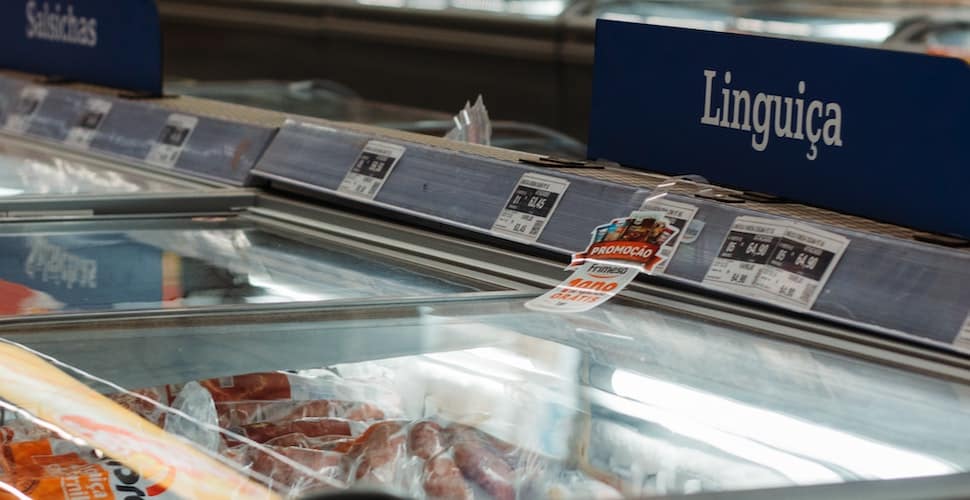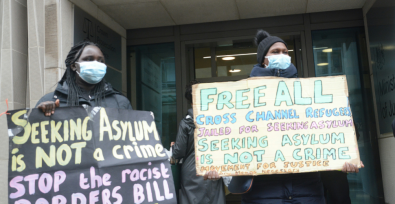Labor experts have called for Brazilian meatpackers to clean up their supply chains after an investigation found six firms bought cattle from ranches that used slave labor.
Brazilian company JBS, one of the world’s largest meat processing firms, bought cattle from two ranches which later ended up on Brazil’s ‘dirty list’ of companies that use slave labor.
In Brazil, companies whose workers have been rescued by labor inspectors are able to defend themselves in front of a panel and appeal charges of modern slavery.
If the firm is found guilty by the panel, it is added to Brazil’s ‘dirty list’, one of the country’s most powerful tools in tackling modern slavery.
Businesses that find themselves on the ‘dirty list,’ which currently includes 114 companies, cannot receive state loans and have restrictions placed on their sales.
The Brazilian meat processing industry, which exports billions of dollars’ worth of beef every year, has repeatedly come under fire for poor working conditions.
Brazilian law defines forced labor as a form of modern slavery that includes degrading work conditions and long hours that pose a risk to the workers life.
While the ‘dirty list’ is seen as an effective tool in fighting modern slavery, Xavier Plassat, head of the Pastoral Land Commission anti-slavery campaign, said its use for meatpacking firms had its limits.
Reuters reports:
He said the list only included the names of those “unlucky enough to get caught” by labor inspectors and that slavery in the meat industry was widespread.
Other firms named in the Reporter Brasil investigation were third parties to slavery – buying cattle from ranches that bought their cattle from blacklisted ranches.
“The monitoring by meatpackers … does not take into account those who supply their suppliers,” said Plassat.
“Slave labor is still invisible.”
Brazil’s leading anti-slavery labor prosecutor Lys Sobral Cardoso also highlighted the challenges in making meatpackers responsible for buying cattle raised by slave labor.
“We need to map the entire supply chain and then build a legal argument to make those at the top responsible,” said Cardoso. “It’s still something we are discussing how to do.”
Join the campaign calling for mandatory human rights due diligence laws that hold businesses accountable for modern slavery in their supply chains. Sign the petition today.






Freedom United is interested in hearing from our community and welcomes relevant, informed comments, advice, and insights that advance the conversation around our campaigns and advocacy. We value inclusivity and respect within our community. To be approved, your comments should be civil.